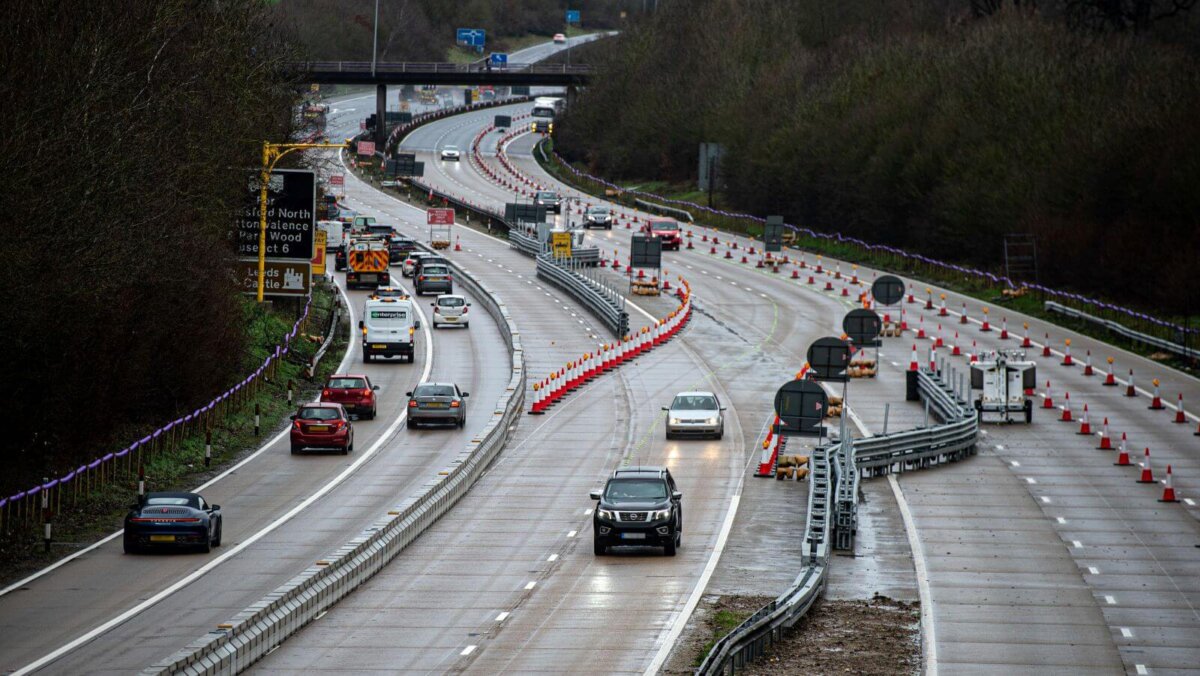Up to 18 million car journeys are expected across England and Wales this bank holiday weekend, but for thousands of lorry drivers heading to Kent, the forecast is far less cheerful. Logistics UK has warned that Operation Brock, the much-criticised traffic management scheme on the M20, will once again leave HGV drivers stranded in queues without toilets, food, or proper rest facilities.
The business group is demanding that the government replace the stopgap scheme with a permanent solution, accusing ministers of treating drivers “like second-class citizens.”
“Traffic chaos can be scheduled as accurately as a cross-channel ferry timetable when Operation Brock is deployed,” said Jonathan Walker, Head of Planning and Infrastructure Policy at Logistics UK. “It is unacceptable to expect professional drivers, who keep the nation supplied with goods, to tolerate being left on the hard shoulder without access to sanitation or refreshment facilities. We would never accept that in an office or a factory – so why should truckers put up with it?”
Operation Brock was introduced in 2019 as a Brexit contingency plan to manage freight delays at Dover and Eurotunnel. The scheme funnels HGVs into restricted lanes on the M20 while other vehicles use a contraflow system. Initially billed as temporary, the system is now rolled out during peak traffic, holiday surges, or severe weather, creating repeated bottlenecks in Kent.
The costs are staggering. According to Logistics UK, Brock’s development price tag reached £35 million, while a BBC Freedom of Information request revealed that 10 deployments between 2019 and 2024 cost taxpayers more than £2.7 million.
With over half of Britain’s EU trade flowing through the Short Straits – and as many as 16,000 trucks moving through Dover and Eurotunnel daily – Walker argues that the stakes are national, not just local.
“The creativity and resourcefulness that designed Operation Brock in the first place must be put into finding a permanent solution to what was expected to be a temporary problem,” he said. Logistics UK suggests that Sevington’s inland border facility could be converted into a fully equipped waiting zone, and that electronic queuing systems could be used to ease port congestion while giving drivers access to food, toilets and rest.
Walker added:
“The current situation is not sustainable. Government must work with the logistics sector on a solution that keeps goods moving while sparing Kent residents, passengers, and professional drivers from years more disruption.”











